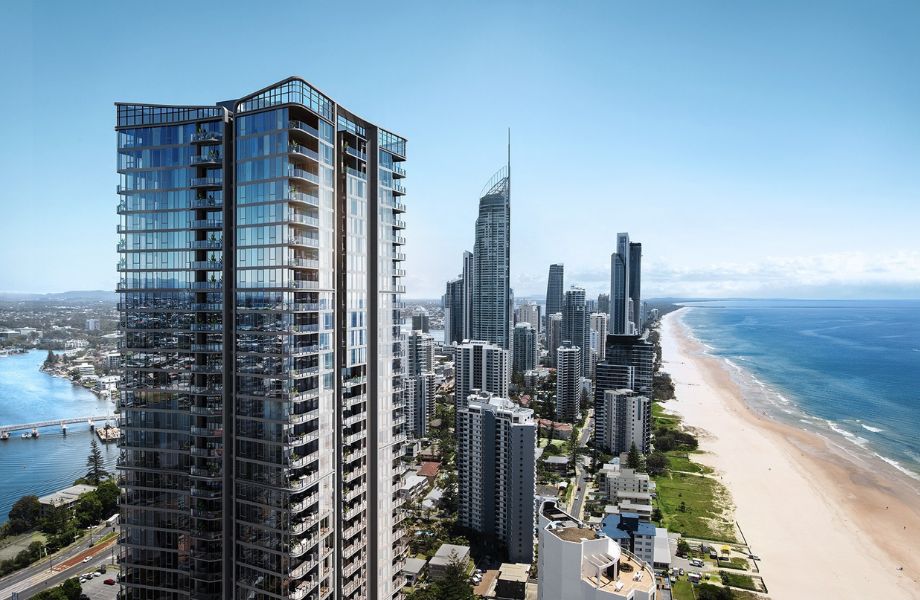Embarking on the construction of a luxury apartment complex is a significant endeavor that requires meticulous planning and budgeting. As a corporate entity, determining the budget for such a project involves a careful analysis of various factors to ensure the successful execution of the development. In this article, we’ll explore the key considerations and factors that influence the budgeting process for constructing a luxury apartment complex under the purview of a corporate entity.

1. Location and Land Cost
The location of the proposed luxury apartment complex plays a pivotal role in determining the overall budget. Prime urban locations typically command higher land costs, while suburban or emerging areas may offer more cost-effective options.
2. Project Scale and Size
The scale and size of the apartment complex significantly impact the budget. The number of units, the number of floors, and the overall square footage all contribute to the project’s scope and cost.
3. Architectural and Design Elements
Luxury apartments demand exquisite architectural and design elements. High-end finishes, premium materials, and luxurious amenities such as swimming pools, fitness centers, and landscaped gardens can significantly affect the budget.
4. Construction Costs
Construction costs encompass various components, including labor, materials, equipment, and contractor fees. Engaging experienced and reputable contractors ensures quality construction but may come at a higher cost.
5. Permits and Regulatory Compliance
Navigating the regulatory landscape, obtaining permits, and ensuring compliance with local building codes can involve additional expenses. Legal and administrative fees should be factored into the budget.
6. Infrastructure and Utilities
The installation of infrastructure, utilities, and essential services such as electricity, water, and sewage systems contribute to the budget. Ensuring the seamless integration of these systems is crucial for a luxury apartment complex.
7. Interior and Furnishings
Luxury apartments require sophisticated interior design and furnishings. High-quality fixtures, appliances, and furnishings contribute to the overall luxurious ambiance and may require a substantial budget allocation.
8. Marketing and Sales Expenses
Marketing and sales efforts are essential to attracting potential buyers or tenants to the luxury apartment complex. Allocating a budget for advertising, promotions, and sales strategies is essential for achieving a successful return on investment.
9. Contingency Fund
Unforeseen circumstances or changes in the project may necessitate a contingency fund. It’s prudent to allocate a portion of the budget to address any unexpected challenges that may arise during construction.
10. Professional Consultation
Engaging professionals such as architects, engineers, and project managers adds expertise and ensures a well-executed project. Including their fees in the budget ensures the project’s quality and adherence to timelines.
Conclusion
Budgeting for the construction of a luxury apartment complex under the auspices of a corporate entity requires a comprehensive understanding of the various factors at play. By carefully evaluating location, scale, design, construction, and other associated costs, a corporate entity can develop a realistic budget that paves the way for a successful and lucrative luxury apartment development. Investing in meticulous planning and precise budgeting is key to achieving a project that not only meets high-end standards but also yields a desirable return on investment.